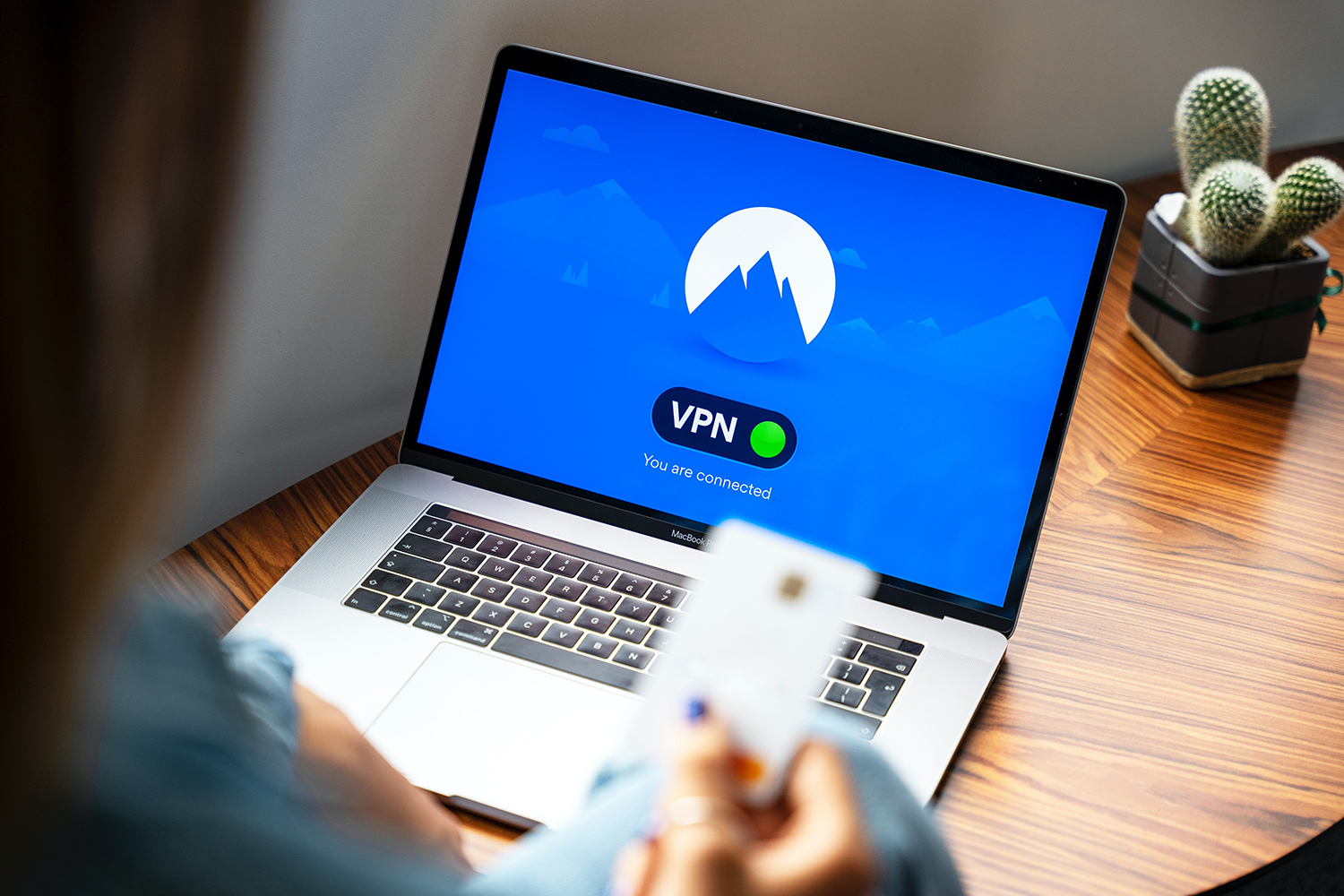To keep a user anonymous online and not leave an electronic trail, proxies are used. Experienced users get to the sites without access and unload the communication channels. A proxy is a link between the user and the Internet network that is recognized by the site as a real user.
The benefits of implementing proxies:
- Privacy;
- Safety when logging into the network;
- Protection from basic attacks and hackers;
- Gaining access to private content;
- Speeding up communication.
A proxy changes the IP address, the traffic goes through an additional server with cached data, or additional data protection mechanisms are organized.
What are the types of proxies and what is the difference between them
There are several types of proxy servers:
- HTTP, HTTP, socks5;
- Anonymous, elite, transparent.
The HTTP proxy helps to cache and filter data, limits access to certain resources and limits the connection speed. The user can control the traffic.
HTTP proxies by anonymity are divided into:
- Transparent;
- Anonymous;
- Elite.
HTTP is a secure connection. The proxy is changed when transmitting confidential information. A normal proxy is used for forwarding. It works on the principle of connecting the server to the resource. Traffic is encrypted. Https allows easy transfer of TCP protocol.
Virgin proxies greatly reduce the risk of blocking because they are not on the Blacklist of security services and do not raise any suspicions. Is virgin proxy worth it? Only if you are a professional and it is vital to have an unblocked IP at any time.
It is recommended to use the resources of a verified proxy. Both free and paid proxies encrypt traffic with the HTTPs protocol, which is not monitored and does not change as it passes from server to server. To buy a proxy, go to a verified official site.



